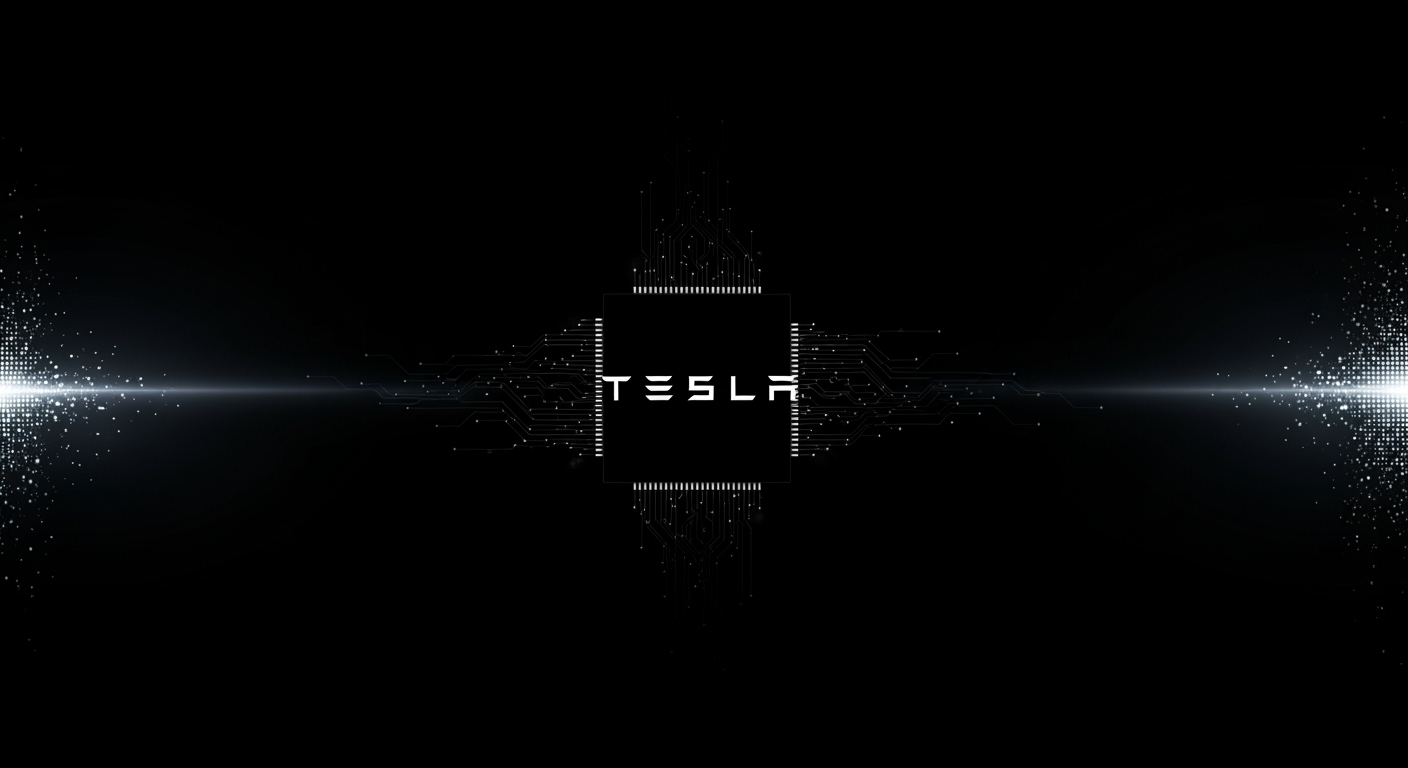Tesla Shuts Down Dojo Supercomputer: Musk Shifts Focus to New AI Chips

Tesla Ends Dojo Supercomputer Project, Focuses on AI5 and AI6 Chips
In a significant strategic shift, Tesla CEO Elon Musk has confirmed the shutdown of the company's ambitious Dojo supercomputer initiative. The decision comes just weeks after Musk had projected that a second Dojo cluster would be operating at scale by 2026.
Why Did Tesla Shut Down Dojo?
Elon Musk addressed the move publicly, stating, "Once it became clear that all paths converged to AI6, I had to shut down Dojo and make some tough personnel choices, as Dojo 2 was now an evolutionary dead end." Musk further explained that elements of the Dojo project will live on in the form of advanced AI6 systems-on-a-chip (SoCs) integrated onto a single board.
The Dojo Project: A Brief Overview
Tesla's Dojo project originally aimed to accelerate the company's AI capabilities, powering its self-driving technology and humanoid robot ambitions. The initial Dojo supercomputer combined Nvidia GPUs and Tesla's custom D1 chips. A second phase, dubbed "Dojo 2," was in development and would have featured the next-generation D2 chip. However, both the D2 chip and the broader Dojo project have now been shelved.
Focus Shifts to AI5 and AI6 Chips
The company's new direction centers on the AI5 and AI6 chips, produced by TSMC and Samsung, respectively. The AI5 chip is tailored for Tesla's Full Self-Driving (FSD) system, while AI6 is intended to serve both onboard inference—enabling advanced autonomous driving and robotics—and large-scale AI training. Musk noted, "It doesn’t make sense for Tesla to divide its resources and scale two quite different AI chip designs. The Tesla AI5, AI6 and subsequent chips will be excellent for inference and at least pretty good for training. All effort is focused on that."
- AI5: Powers driver assistance and FSD features
- AI6: Designed for both vehicle AI and future humanoid robots
Musk added that clustering many AI5 or AI6 chips on a single board reduces network complexity and cost, hinting that this approach could be considered a "Dojo 3" in spirit.
What Happens Next for Tesla AI?
The discontinuation of Dojo comes as Tesla faces challenges in its core electric vehicle business, including declining sales and reputational issues. The company had invested $500 million into a Dojo facility in Buffalo, New York, and it remains unclear what will become of that project. Meanwhile, attention has shifted to another Tesla AI initiative, codenamed "Cortex," a massive AI supercluster under construction at Tesla's Austin headquarters. Details about Cortex's future are still pending.
Implications for Tesla and the AI Industry
This pivot underscores the rapidly evolving landscape of AI hardware development. By consolidating its chip design and manufacturing efforts, Tesla aims to streamline innovation and maintain competitiveness in both automotive and robotics sectors. For business owners and technology leaders, the move illustrates the importance of agile decision-making and resource allocation in AI-driven industries.
References
- Tesla shuts down Dojo, the AI training supercomputer that Musk said would be key to full self-driving
- Tesla Q2 2025 Earnings Call Transcript
- Musk's statement on X
- Tesla signs $16.5B deal with Samsung to make AI chips
- Musk's AI chip strategy post
- Tesla Dojo: Elon Musk's big plan to build an AI supercomputer explained
- Tesla's Dojo: A timeline
- Tesla Dojo supercomputer Buffalo factory $500 million investment
- Elon Musk confirms shutdown of Tesla Dojo: 'an evolutionary dead end'





